The Shop Without Money is a place where people can exchange objects and skills, but not money, thus multiplying the lifecycle of everyday objects and promoting the value of sharing in society.
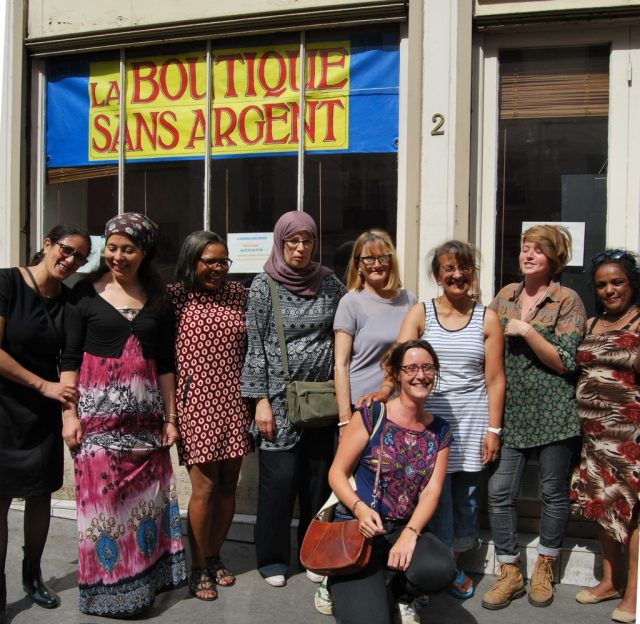
Climate, Environmental Protection, Sustainability

The Shop Without Money is a place where people can exchange objects and skills, but not money, thus multiplying the lifecycle of everyday objects and promoting the value of sharing in society.
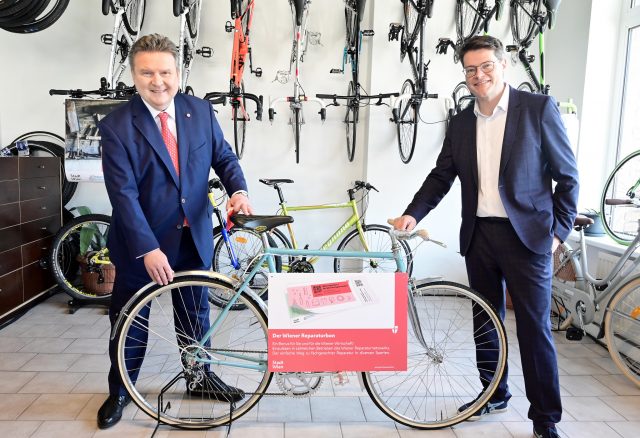
A voucher scheme subsidises the costs of repairs, encouraging consumers to fix old items instead of throwing them away and buying new ones.
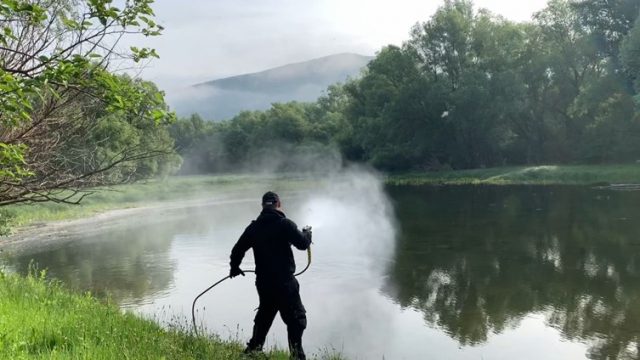
Experts and volunteer residents join forces to collect data in an environmentally friendly fight against mosquitos.
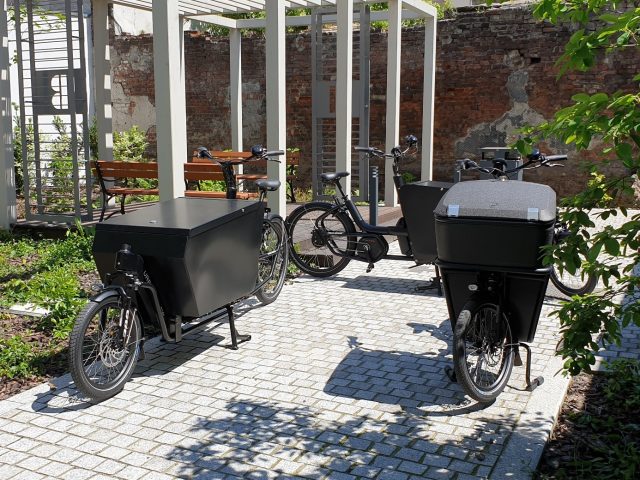
Big business subsidises the cost of cargo e-bikes so that entrepreneurs can take advantage of the multiple benefits of delivering goods using this sustainable form of transport.
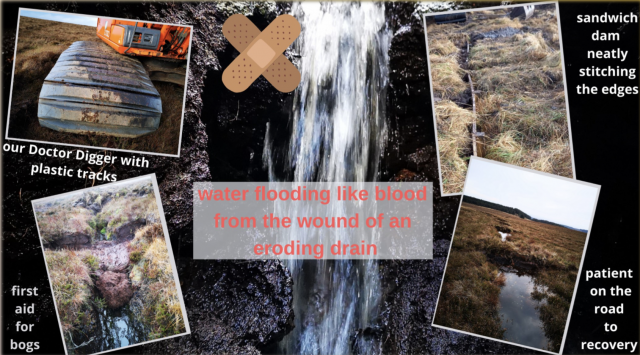
A cross-border environmental project improves the condition of special areas of conservation, resulting in cleaner water, reduced flood risk and increased biodiversity and carbon capture.
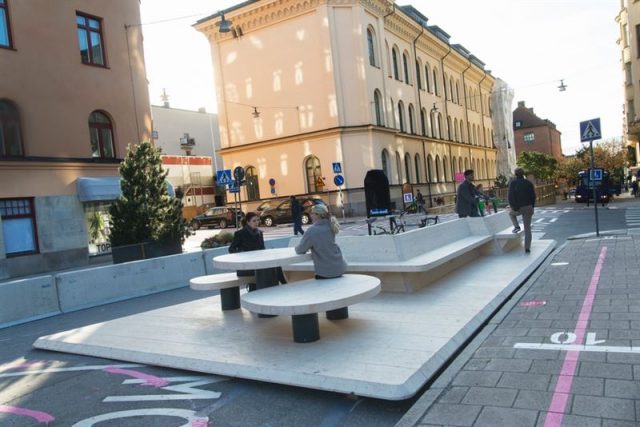
The Street Moves project reimagines and redesigns streets with the needs of pedestrians, sustainable modes of transport, and the local community in mind, transforming them into multifunctional and inclusive spaces.
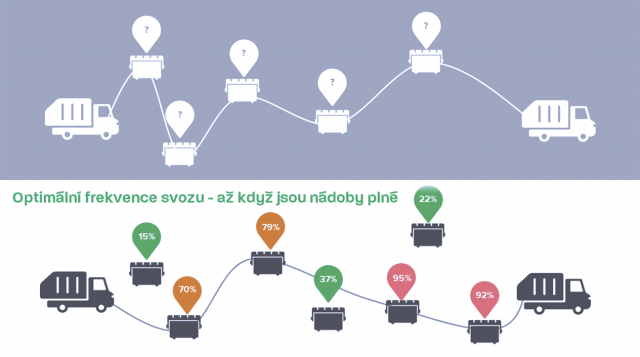
The City of Prague has installed sensors on waste containers, enabling waste to be collected in a more dynamic and efficient manner.
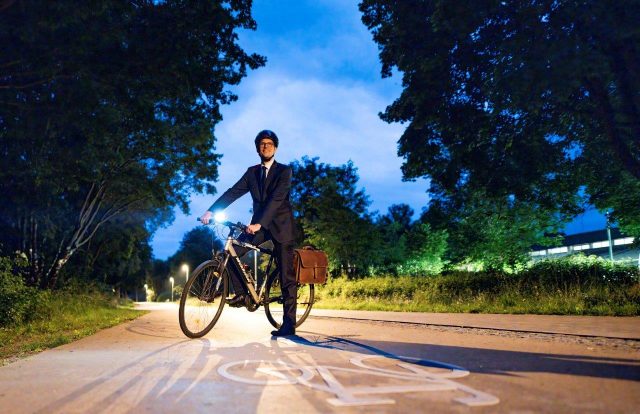
An adaptive lighting system uses sensor technology and insect-friendly LED lights to ensure the safety of pedestrians and cyclists while protecting insects and minimising light pollution.
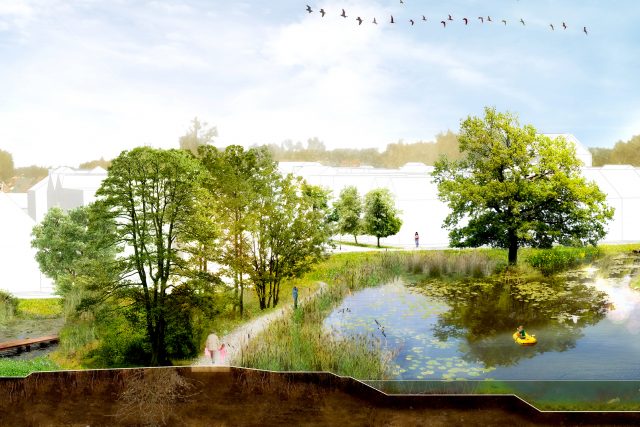
Participatory co-design creates a residential neighbourhood around accessible urban agriculture, enhancing the quality of life for inhabitants and the rich biodiversity for all living things.
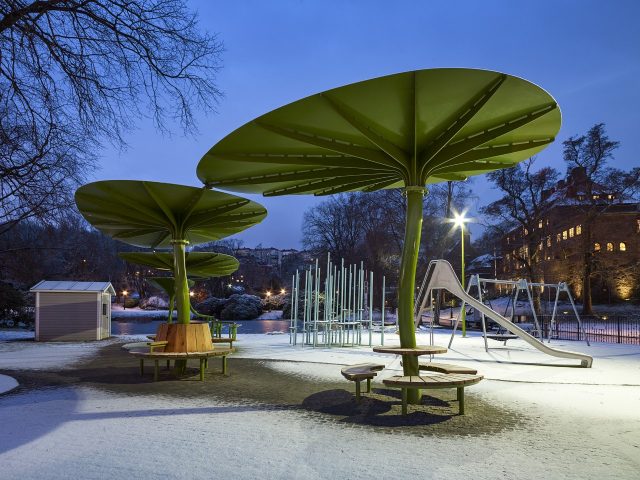
The City of Gothenburg celebrates its 400th anniversary by making the most of one of its most abundant assets – rain – in a creative, playful and sustainable way.
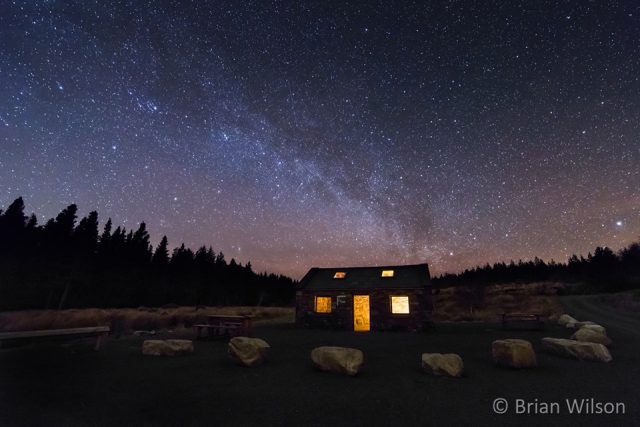
A community-driven project protects County Mayo’s dark skies, which benefits local ecology and boosts tourism.
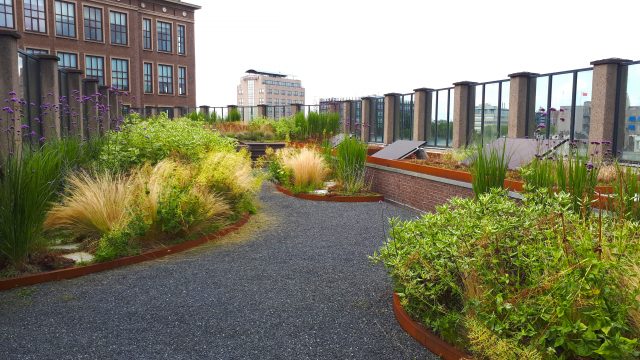
Smart blue-green roof technology mitigates the effects of extreme weather events while increasing biodiversity and protecting the most vulnerable in society from environmental pressures.
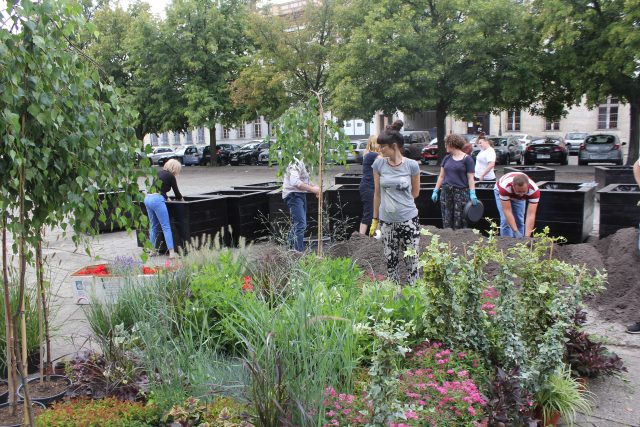
Research on the use of urban space in the Old Town of Szczecin led to limitations on car traffic and increased accessibility for pedestrians.
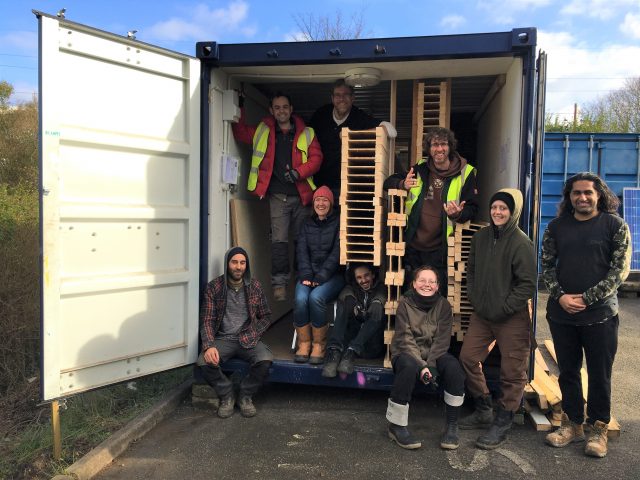
This project focuses on practical, ecological, community-based housing solutions by creating a range of housing types, including self-build and self-finish homes, to meet local housing needs.
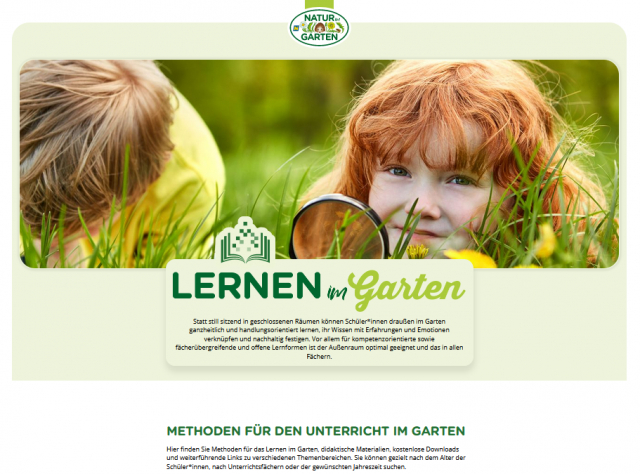
A digital toolbox helps teachers plan outdoor lessons, facilitating a holistic approach to action-oriented learning, as well as bringing children and young people closer to nature.
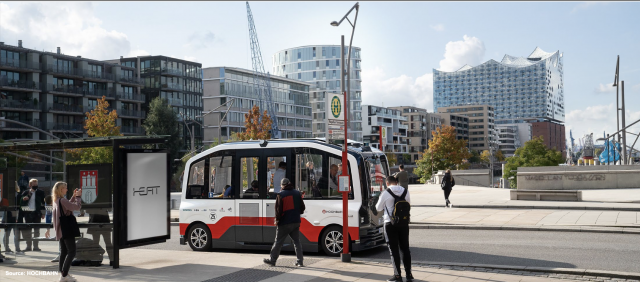
A comprehensive research and development project assesses the feasibility, safety and acceptance of the first fully automated public minibus service in Hamburg.
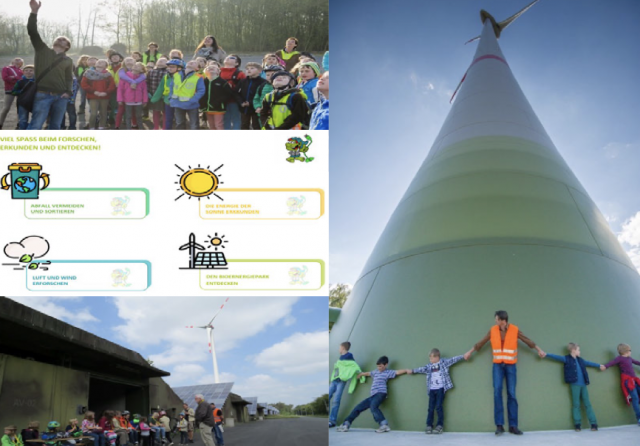
A community thinks globally and acts locally to create sustainable changes and social transformation for a climate-friendly future.

The first industrial-scale fossil-free steel demonstration plant will transform the steel and iron industry and facilitate the transition to a fossil-free society – both in Sweden and globally.
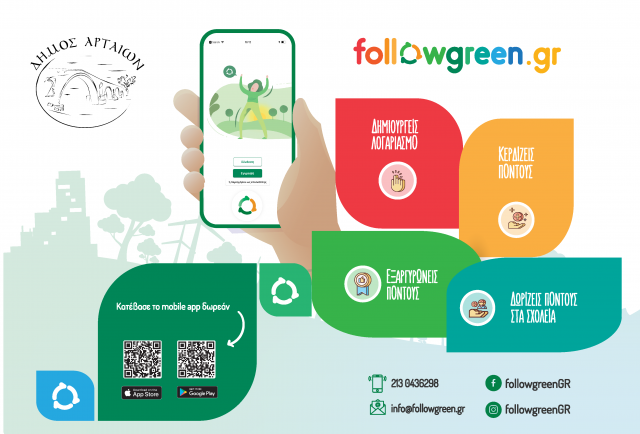
Followgreen is a new service for smart cities in the European market, introducing innovative elements both in the field of recycling and in the field of citizen awareness.
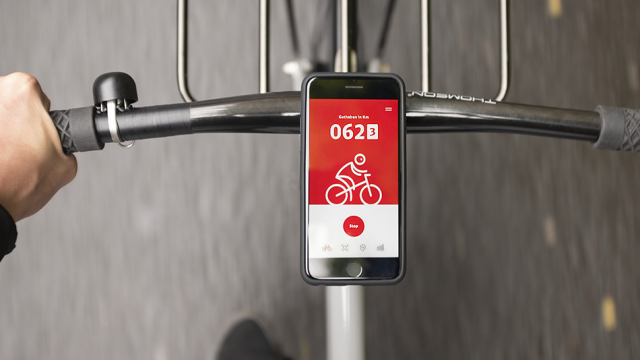
Hamburg adopts the DB Rad+ app which employs gamification techniques and incentives to encourage cycling, and enables the city to make targeted infrastructure developments and promote local businesses.